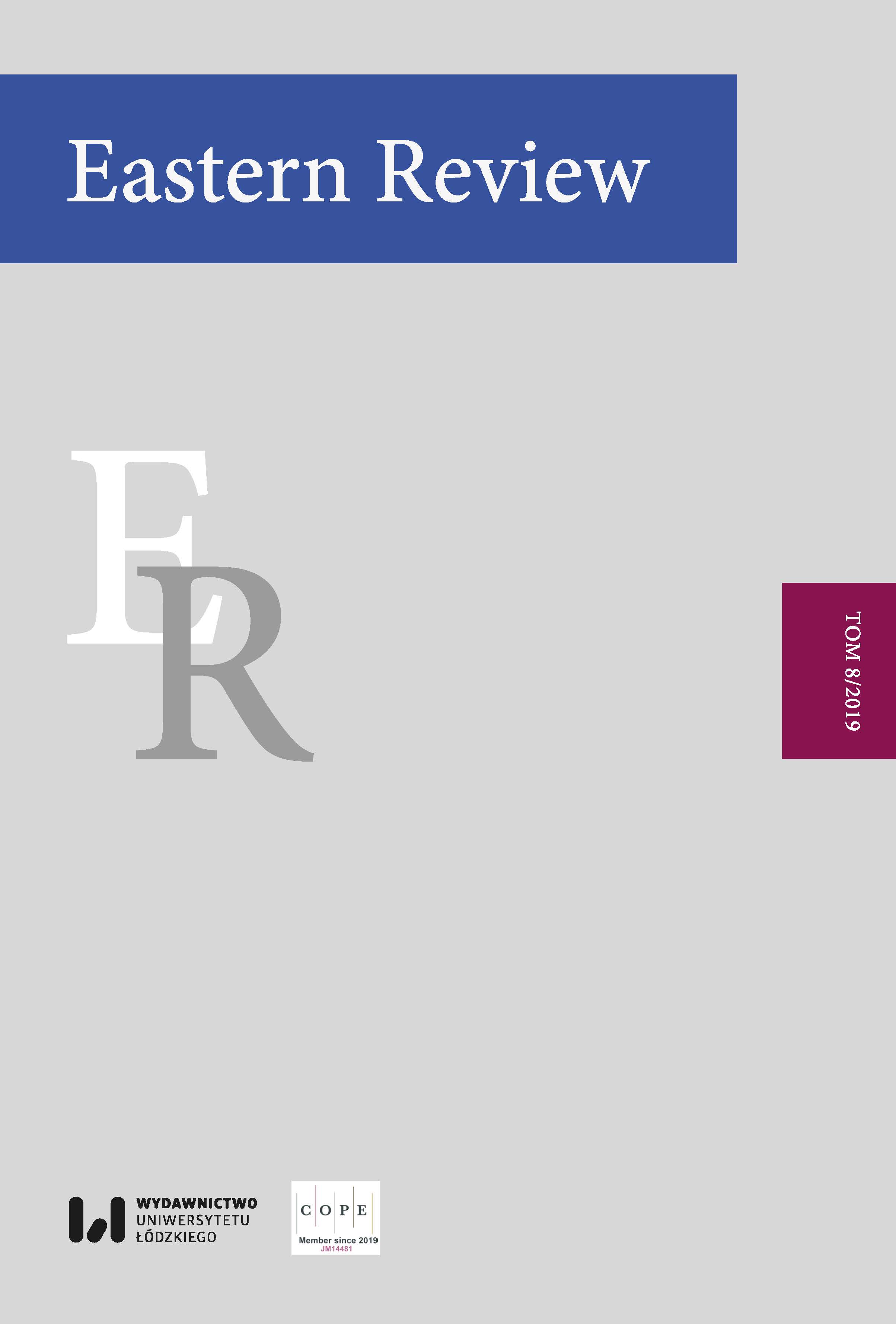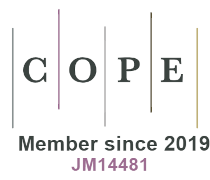Kant on ethics and politics
DOI:
https://doi.org/10.18778/1427-9657.08.08Słowa kluczowe:
Immanuel Kant, religion, ethics, politics, philosophyAbstrakt
Best known for his ethical works, Immanuel Kant was part of the liberal Enlightenment and addressed most of the principal political issues of his day. Several of his major works were written in the wake of the storming of the Bastille in Paris, while Europe was engaged in the French Revolutionary Wars. His rejection of revolution but endorsement of the principles for which the French revolutionaries were fighting, as well as his plea for a federation of European states that would settle disputes peacefully, reflected his engagement with the controversies raised by the Revolution. But, although he could not countenance revolution, he declared that, once a revolutionary government has succeeded in establishing itself, citizens should obey the new government, rather than try to restore the ousted authorities.
Bibliografia
Anderson-Gold, S. 2001. Cosmopolitanism and Human Rights. Cardiff: University of Wales Press.
Google Scholar
Brown, G. 2006. Kantian Cosmopolitan Law and the Idea of a Cosmopolitan Constitution. History of Political Thought 27(4), pp. 661–684.
Google Scholar
Burg, P. 1974. Kant und die Französische revolution. Berlin: Duncker & Humblot.
Google Scholar
Byrd, B.S., Hruschka, J. 2010. Kant’s Doctrine of Right: A Commentary. Cambridge: Cambridge University Press.
Google Scholar
DOI: https://doi.org/10.1017/CBO9780511712050
Byrne P. 2007. Kant on God. Aldershot: Ashgate.
Google Scholar
Ellis, E. 2005. Kant’s Politics: Provisional Theory for an Uncertain World. New Haven: Yale University Press.
Google Scholar
Flikschuh, K. 2000. Kant and Modern Political Philosophy. Cambridge: Cambridge University Press.
Google Scholar
DOI: https://doi.org/10.1017/CBO9780511487187
Flikschuh, K. 2008. Reason, Right, and Revolution: Kant and Locke. Philosophy & Public Affairs 36(4).
Google Scholar
DOI: https://doi.org/10.1111/j.1088-4963.2008.00146.x
Henrich, D. 1993. On the Meaning of Rational Action in the State. Translated by R.L. Velkley. In: R. Beiner, W.J. Booth (eds.). Kant & Political Philosophy: The Contemporary Legacy. New Haven: Yale University Press, pp. 97–116.
Google Scholar
Henrich, D. 2009. Hutcheson and Kant. Translated by N. Walker. In: K. Ameriks, O. Höffe (eds.), Kant’s Moral and Legal Philosophy. Cambridge: Cambridge University Press.
Google Scholar
Jaspers, K. 1975. Kant: Leben, Werk, Wirkung. München: Piper.
Google Scholar
Kant, I. 1929a. Critique of Practical Reason. Translated by T. K. Abbott. Theory of Ethics, In: T.M. Greene (ed.), Kant Selections. New York: Charles Scribner’s Sons, pp. 65–83.
Google Scholar
Kant, I. 1929b. Critique of Pure Reason. Translated by M. Müller. In: T.M. Greene (ed.), Kant Selections. New York: Charles Scribner’s Sons, pp. 76–81.
Google Scholar
Kant, I. 1948. Groundwork of the Metaphysic of Morals. Translated by H.J. Paton. London and New York: Routledge.
Google Scholar
Kant, I. 1983. On the Proverb: That May be True in Theory, But [it] Is of No Practical Use. Translated by T. Humphrey. In: Perpetual Peace and Other Essays. Indianapolis: Hackett Publishing Co, pp. 61–92.
Google Scholar
Kant, I. 1991a. Immanuel Kant: Groundwork of the Metaphysics of Morals: A German–English edition. Translated by M. Gregor. Cambridge: Cambridge University Press.
Google Scholar
Kant, I. 1991b. Kant: Political Writings. 2nd ed. Edited by H.S. Reiss. Translated by H.B. Nisbet. Cambridge: Cambridge University Press.
Google Scholar
DOI: https://doi.org/10.1017/CBO9780511809620
Kant, I. 1998. Religion within the Boundaries of Mere Reason. In: A. Wood and G. di Giovanni (eds.), Religion within the Boundaries of Mere Reason And Other Writings. Cambridge: Cambridge University Press, pp. 31–191.
Google Scholar
Kant, I. 2011. The Conflict of the Faculties. Translated by Gregor, M.J. Lincoln, Ne Univ. of Nebraska Press.
Google Scholar
Kersting, W. 2009. The Civil Constitution in Every State Shall Be a Republican One. In: K. Ameriks, O. Höffe (eds.), Kant’s Moral and Legal Philosophy. Cambridge: Cambridge University Press.
Google Scholar
Kuehn, M. 2001. Kant: A Biography. Cambridge: Cambridge University Press.
Google Scholar
DOI: https://doi.org/10.1017/CBO9781107050433
Lilla, M. 1998. Kant’s Theological-Political Revolution. Review of Metaphysics 52(2), pp. 397–434.
Google Scholar
Logan, B. 1998. Hume and Kant on Knowing the Deity. International Journal for Philosophy of Religion 43(3), pp. 133–148.
Google Scholar
Munzel, G. 2003. Kant on Moral Education, or “Enlightenment” and the Liberal Arts. The Review of Metaphysics 57(1). pp. 43–73.
Google Scholar
Pippin, R.B. 2000. Kant’s Theory of Value: On Allen Wood’s Kant’s Ethical Thought. Inquiry 43(2).
Google Scholar
DOI: https://doi.org/10.1080/002017400407780
Riley, P. 1973. On Kant as the Most Adequate of the Social Contract Theorists. Political Theory 1(4), pp. 450–471.
Google Scholar
Rosen, A.D. 1993. Kant’s Theory of Justice. Ithaca, London: Cornell University Press.
Google Scholar
Siep, L. 2009. What is the Purpose of a Metaphysics of Morals? Some Observations on the Preface to the Groundwork of the Metaphysics of Morals. Translated by N. Walker. In: K. Ameriks, O. Höffe (eds.). Kant’s Moral and Legal Philosophy. Cambridge: Cambridge University Press, pp. 77–92.
Google Scholar
Taylor, R.S. 2006. Democratic Transitions and the Progress of Absolutism in Kant’s Political Thought. The Journal of Politics 68(3), pp. 556–570.
Google Scholar
Williams, H. 2003. Kant’s Critique of Hobbes: Sovereignty and Cosmopolitanism. Cardiff: University of Wales Press.
Google Scholar
Wood, A.W. 1999. Kant’s Ethical Thought. Cambridge: Cambridge University Press.
Google Scholar
Pobrania
Opublikowane
Jak cytować
Numer
Dział
Licencja

Utwór dostępny jest na licencji Creative Commons Uznanie autorstwa – Użycie niekomercyjne – Bez utworów zależnych 4.0 Międzynarodowe.










